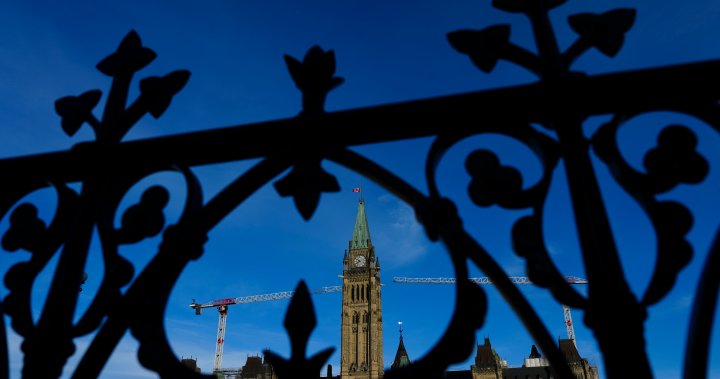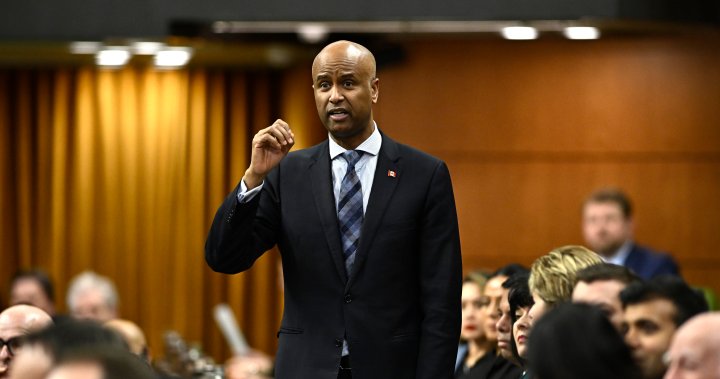A unique Canadian program meant to ensure sexual-assault cases aren’t closed inappropriately by police is set to run out of federal funding at the end of the month, its national co-ordinator said.
The Violence Against Women Advocate Case Review program is the only system in the world that brings together front-line experts and advocates to review every police sexual-assault investigation that doesn’t lead to charges in the areas it operates, according to Sunny Marriner, who leads the project.
The program was first set up in a few communities in 2016 but drew national attention after the Globe and Mail’s 2017 investigation into sexual-assault allegations dismissed as unfounded. It’s currently in place in more than two dozen communities across several provinces, including Ottawa, Kingston, Ont., Saint John, N.B., Regina, and Calgary.
Committees are also in various stages of development in a handful of other communities, some of them held up by the uncertainty regarding funding, said Marriner, who previously worked as the executive director of the Ottawa Rape Crisis Centre.
The program received a three-year grant from Women and Gender Equality Canada that is set to run out on March 31, Marriner said. It previously received a similar grant in its earlier years. Organizers have spoken to the federal government about the need for sustainable funding but haven’t heard anything back, and there are “no other avenues” at this time, she said.

A spokesperson for Women and Gender Equality Canada said the project was funded over 38 months under the ministry’s gender-based violence program. It received funding through the Ottawa Coalition to End Violence Against Women.
“At the federal level, WAGE provides time-limited funding through the ongoing GBV program to support organizations working in the gender-based violence sector; but provinces and territories have their own jurisdiction over operational and core funding,” spokesperson L. Kronick said in an emailed statement.
“Information about future funding opportunities will be communicated by WAGE with stakeholders and the public. WAGE does not offer ongoing operational funding to organizations.”
Some local committees have received money provincially through sexual assault support centres, but that funding has been “piecemeal,” Marriner said.
The email you need for the day’s
top news stories from Canada and around the world.
The email you need for the day’s
top news stories from Canada and around the world.
“What it really needs is consistency,” she said.
Without new funding, “it’s going to be hard to support communities if they want to start (their own committee),” she added.
Though the committees – which consist of advocates and front-line staff from sexual assault support centres – work on a volunteer basis, they need support over time to function smoothly, Marriner said. That can involve training or travel, all of which requires funding, she said.

Marriner and other advocates started laying the groundwork for the program in 2011 after hearing of a similar initiative in Philadelphia, she said.
While the Canadian program has some overlap with the Philadelphia model – both rely on front-line, independent experts in sexual violence – there are key differences, she said.
The Philadelphia program is based on random sampling and seeks to identify overarching best practices rather than helping individual complainants, she said. Under the Canadian model, the experts review “every single case that does not proceed to charges” in local areas, under strict confidentiality agreements, she said.
Marriner said it’s been apparent to those in the field for decades that the vast majority of sexual assaults reported to police were not leading to charges.
“What we always hear is this huge emphasis on people saying that survivors are not reporting (allegations to police), and I will always say that they’re not focusing on the important question, which is that the survivors who are reporting, the vast majority of them get sent home … without any explanation why or scrutiny or oversight,” she said.
“There’s no safety net for survivors when their cases don’t proceed. So it’s entirely about filling that gap.”
Every local committee operates in the same way, with each member reviewing a share of the cases independently on a quarterly basis, she said. That’s partly because police compile crime statistics quarterly, and partly so that there’s still “some investigative potential,” she said.
They then make recommendations as needed, including on whether cases should be reopened and other investigative avenues explored, she said.

Police services are not required to follow those recommendations, however – nor are they required to work with the program in the first place, Marriner said.
While the Canadian Association of Chiefs of Police has championed the model, some police services have been “adamantly opposed” to implementing it, she said.
It’s normal for the committee and police to disagree, but over time, if the committee feels the process is being treated as “an optics exercise,” they can and should walk away, she said.
“If police are going to agree to do this, they need to be all in. It can’t be kind of agreeing to do it because it looks good externally, but still determining internally to not allow it to have impact,” she said.
“I definitely have communities where we struggled with that and continue to struggle with that. And then other communities where the chief is immediately meeting with the team and implementing their recommendations the next day.”

Marriner said she hopes to develop a national framework to collect statistics on the program’s activities, including how many files have been returned for additional investigation. While reducing the number of inappropriately dismissed cases is the first priority, the program has had other effects anecdotally, particularly on improving investigative documentation, she said.
Even if new funding isn’t immediately secured, “I’m not going to stop,” Marriner said, noting advocacy work is often plagued by financial insecurity.
The program has recently come under the spotlight again as the sexual assault case of five former members of Canada’s world junior hockey team makes its way through the courts.
Police last month said the case – which was closed without charges in 2019 before being reopened three years later – had not been referred to the review program, as it should have been. They declined to explain why, and why the file was closed in the first place, citing the court case.
Dillon Dube, Carter Hart, Michael McLeod, Cal Foote and Alex Formenton were charged with sexual assault earlier this year in connection with an alleged sexual assault at a London, Ont., hotel. McLeod is also facing an additional charge of sexual assault for “being a party to the offence.” All five plan to defend themselves against the allegations and have opted for a jury trial.





